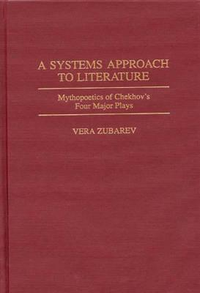A Concept of Dramatic Genre and the Comedy of a New Type: Chess, Literature, and Film
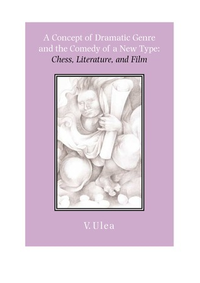
Summary
Applying systems theory to the comedies of Chekhov, Balzac, Kleist, Moliere, and Shakespeare, A Concept of Dramatic Genre and the Comedy of a New Chess, Literature, and Film approaches dramatic genre from the point of view of the degree of richness and strength of a character’s potential. Its main focus is to establish a methodology for analyzing the potential from multidimensional perspectives, using systems thinking. The whole concept is an alternative to the Aristotelian plot-based approach and is applied to an analysis of western and eastern European authors as well as contemporary American film. This innovative study consists of three The first part is mostly theoretical, proposing a new definition of the dramatic as a category linked to general systems phenomena and offering a new classification of dramatic genre. In the second part, Ulea offers a textual analysis of some works based on this new classification. She analyzes comedies, tragedies, and dramas on the same or similar topics in order to reveal what makes them belong to opposite types of dramatic genre. Additionally, she considers the question of fate and chance, with regard to tragedy and comedy, from the point of view of the predispositioning theory. In the third part, Ulea explores an analysis of the comedy of a new type—CNT. Her emphasis is on the integration of the part and the whole in approaching the protagonist’s potential. She introduces the term quasi-strong potential in order to reveal the illusory strength of protagonists of the CNT and to show the technique of CNT’s analysis and synthesis. Ulea’s research begins with the notion of the comic, traditionally considered synonymous with the laughable, and attempts to approach it as independent from the laughable and laughter. The necessity to do so is dictated by the desire to penetrate the enigmatic nature of Chekhov’s comedy. The result is A Concept of Dramatic Genre and the Comedy of a New Chess, Literature, and Film, a completely new approach to potential and systems thinking—which has never been a focus of dramatic theory before. Such potential is the touchstone of the comic and comedy, their permanent basic characteristic, the heart and axis around which the comedic world spins.
Similar Books
-
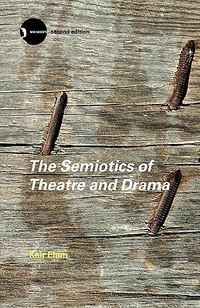 The Semiotics of Theatre and Drama
The Semiotics of Theatre and Dramaby Keir Elam
-
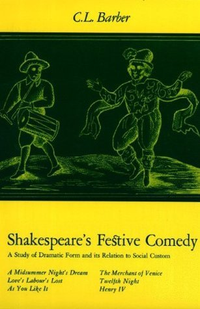 Shakespeare's Festive Comedy
Shakespeare's Festive Comedyby Cesar Lombardi Barber
-
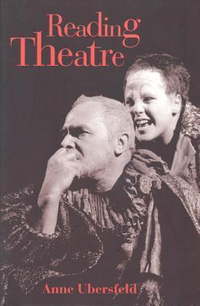 Reading Theatre
Reading Theatreby Anne Ubersfeld
-
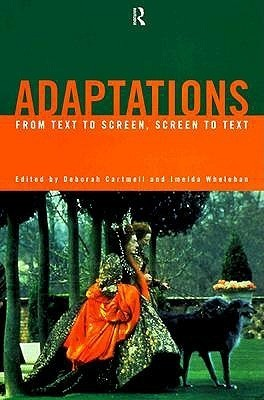 Adaptations
Adaptationsby Deborah Cartmell
-
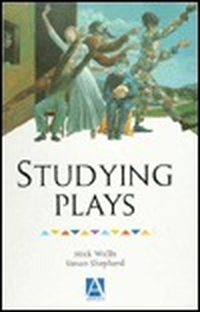 Studying Plays
Studying Playsby Mick Wallis
-
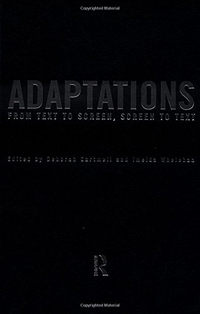 Adaptations: From Text to Screen, Screen to Text
Adaptations: From Text to Screen, Screen to Textby Deborah Cartmell
-
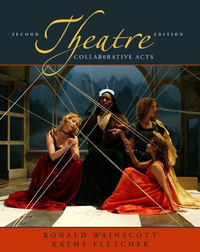 Theatre: Collaborative Acts
Theatre: Collaborative Actsby Ronald Wainscott
-
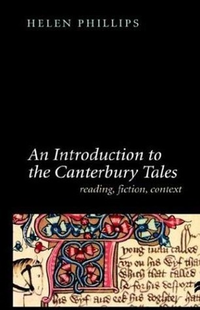 An Introduction To the Canterbury Tales: Fiction, Writing, Context
An Introduction To the Canterbury Tales: Fiction, Writing, Contextby Helen Phillips
-
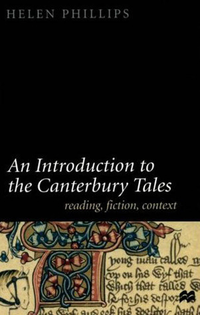 An Introduction To the Canterbury Tales: Reading, Fiction, Context
An Introduction To the Canterbury Tales: Reading, Fiction, Contextby Helen Phillips
-
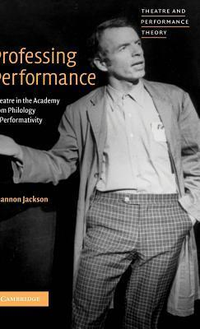
-
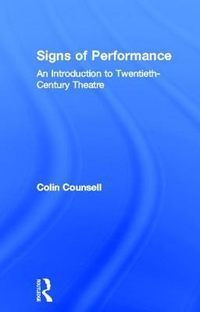 Signs of Performance: An Introduction to Twentieth-Century Theatre
Signs of Performance: An Introduction to Twentieth-Century Theatreby Colin Counsell
-
 That Shakespeherian Rag Pb
That Shakespeherian Rag Pbby Terence Hawkes
-
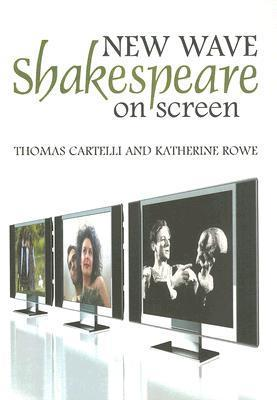 New Wave Shakespeare on Screen
New Wave Shakespeare on Screenby Thomas Cartelli
-
 King Lear
King Learby Ann Thompson
-
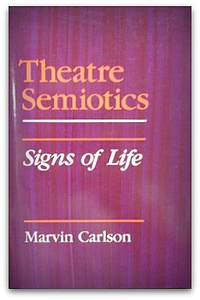 Theatre Semiotics: Signs of Life
Theatre Semiotics: Signs of Lifeby Marvin A. Carlson
-
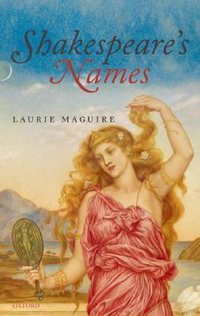 Shakespeare's Names (Oxford Shakespeare Topics
Shakespeare's Names (Oxford Shakespeare Topicsby Laurie Maguire
-
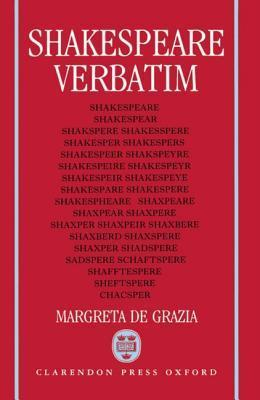 Shakespeare Verbatim: The Reproduction of Authenticity and the 1790 Apparatus
Shakespeare Verbatim: The Reproduction of Authenticity and the 1790 Apparatusby Margreta de Grazia
-
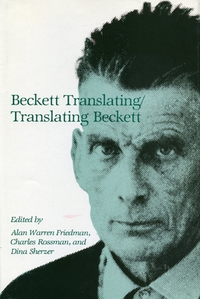 Beckett Translating/Translating Beckett
Beckett Translating/Translating Beckettby Alan W. Friedman
-
 Stillness in Motion in the Seventeenth Century Theatre
Stillness in Motion in the Seventeenth Century Theatreby P.A. Skantze
-
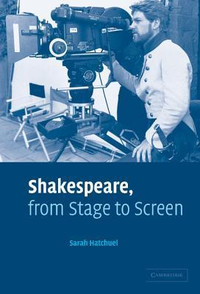 Shakespeare, from Stage to Screen
Shakespeare, from Stage to Screenby Sarah Hatchuel
-
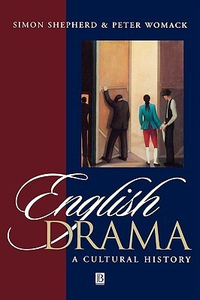 English Drama: A Cultural History
English Drama: A Cultural Historyby Simon Shepherd
-
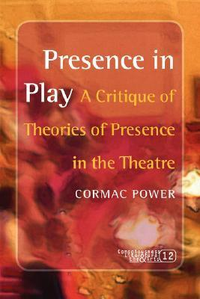
-
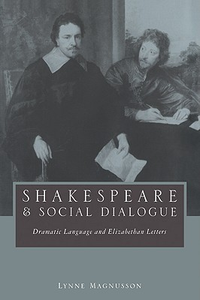 Shakespeare and Social Dialogue: Dramatic Language and Elizabethan Letters
Shakespeare and Social Dialogue: Dramatic Language and Elizabethan Lettersby Lynne Magnusson
-
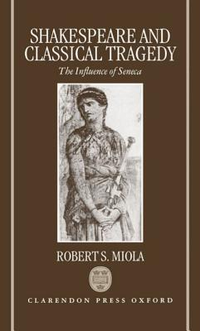 Shakespeare and Classical Tragedy: The Influence of Seneca
Shakespeare and Classical Tragedy: The Influence of Senecaby Robert S. Miola
-
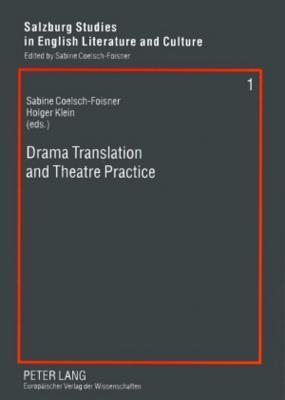 Drama Translation and Theatre Practice
Drama Translation and Theatre Practiceby Sabine Coelsch-Foisner
-
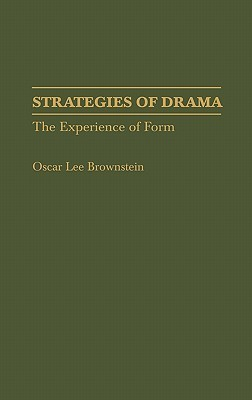 Strategies of Drama: The Experience of Form
Strategies of Drama: The Experience of Formby Oscar Lee Brownstein
-
 Chekhov: A study of the major stories and plays
Chekhov: A study of the major stories and playsby Beverly Hahn
-
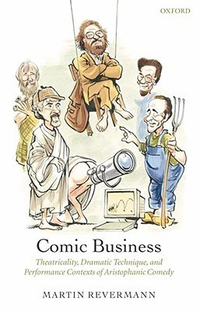
-
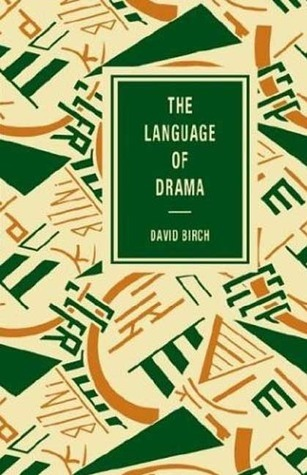 The Language of Drama
The Language of Dramaby David Birch
-
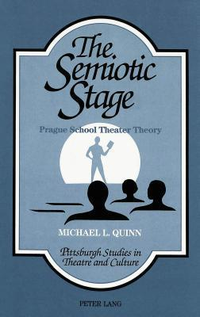 The Semiotic Stage: Prague School Theater Theory
The Semiotic Stage: Prague School Theater Theoryby Michael L. Quinn
-

-
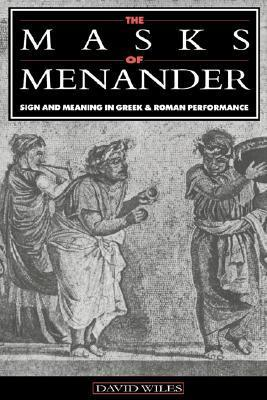
-
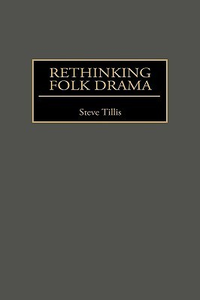 Rethinking Folk Drama
Rethinking Folk Dramaby Steve Tillis
-
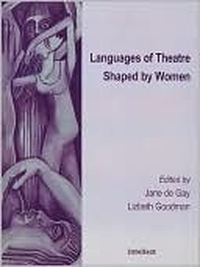 Languages of Theatre Shaped by Women
Languages of Theatre Shaped by Womenby Jane De Gay
-
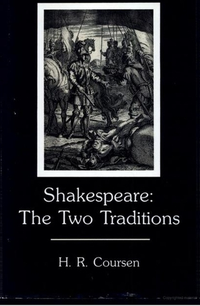 Shakespeare: The Two Traditions
Shakespeare: The Two Traditionsby Herbert R. Coursen
-

-
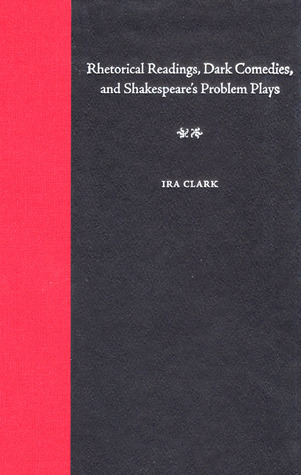
-
 Shakespearean Films
Shakespearean Filmsby Donaldson
-
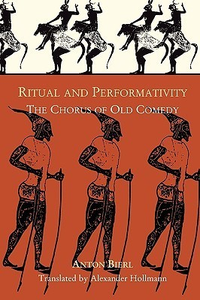 Ritual and Performativity: The Chorus in Old Comedy
Ritual and Performativity: The Chorus in Old Comedyby Anton Bierl
-
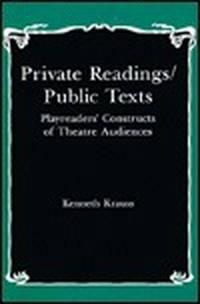
-
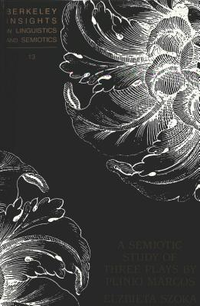 A Semiotic Study of Three Plays by Plínio Marcos
A Semiotic Study of Three Plays by Plínio Marcosby Elzbieta Szoka
-
 Dramatic Narrative: Racine's Récits
Dramatic Narrative: Racine's Récitsby Nina C. Ekstein
-
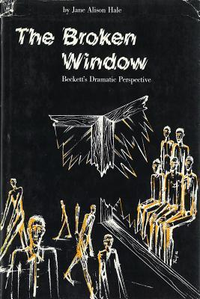 Broken Window: Beckett's Dramatic Perspective
Broken Window: Beckett's Dramatic Perspectiveby Jane Alison Hale
-
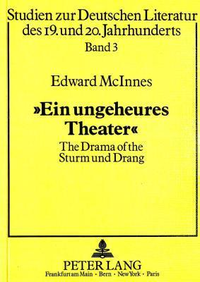 «Ein ungeheures Theater»: The Drama of the Sturm und Drang
«Ein ungeheures Theater»: The Drama of the Sturm und Drangby Jean McInnes
-
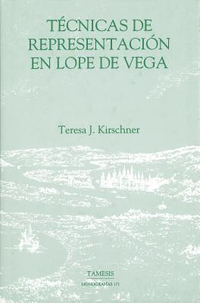 Técnicas de representación en Lope de Vega
Técnicas de representación en Lope de Vegaby Teresa J. Kirschner
-
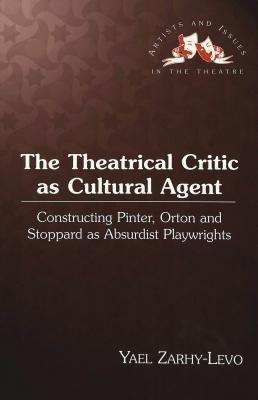
-
